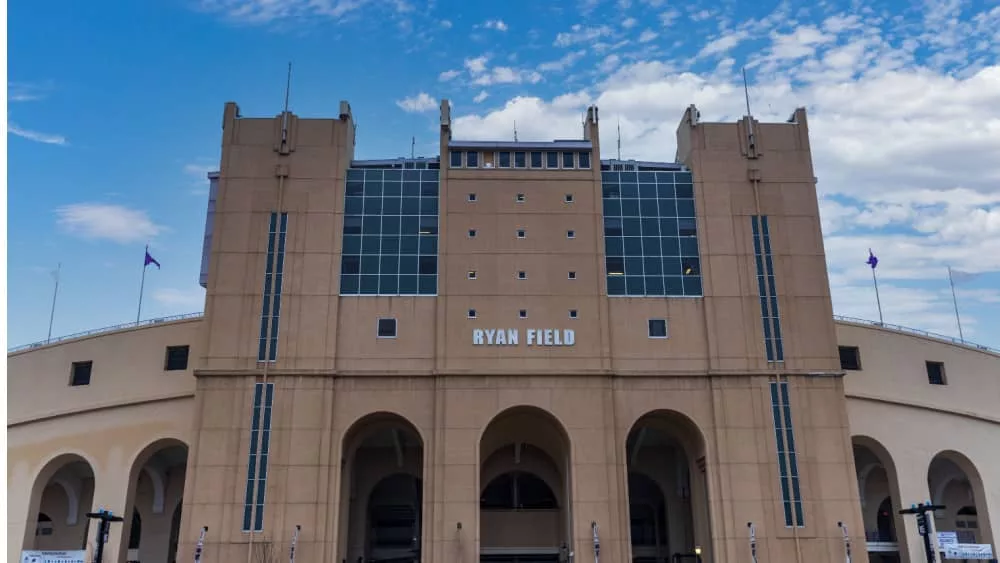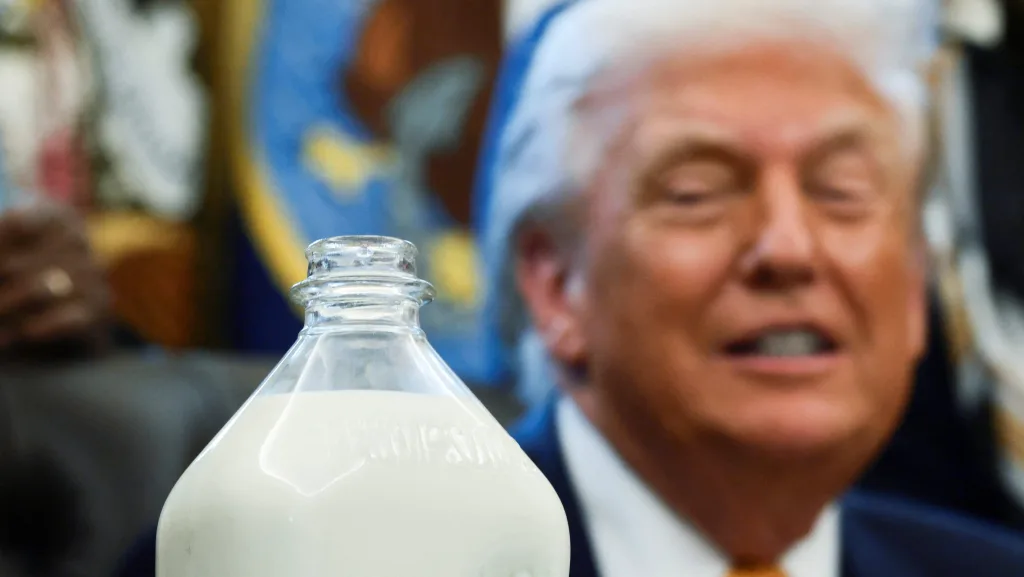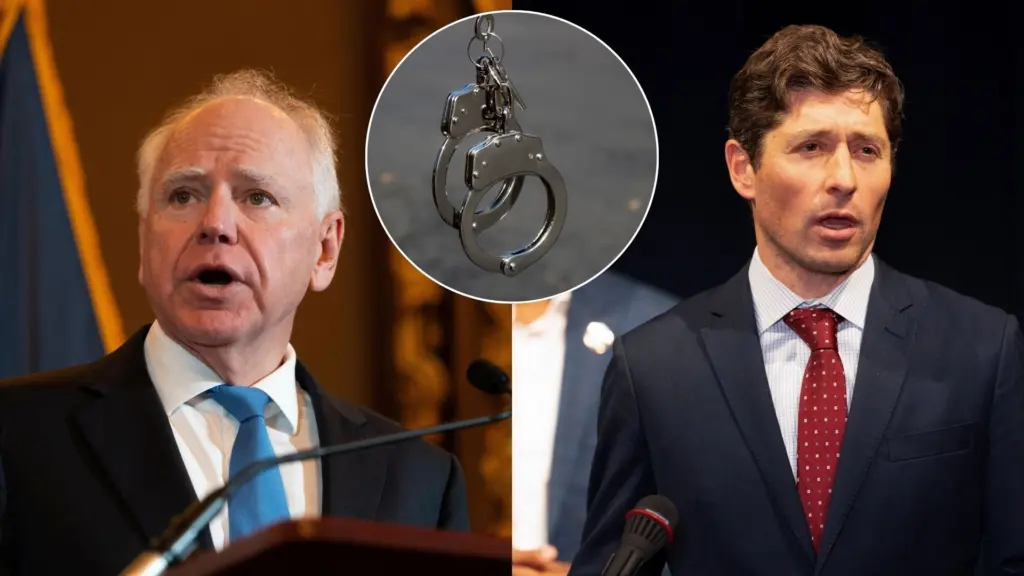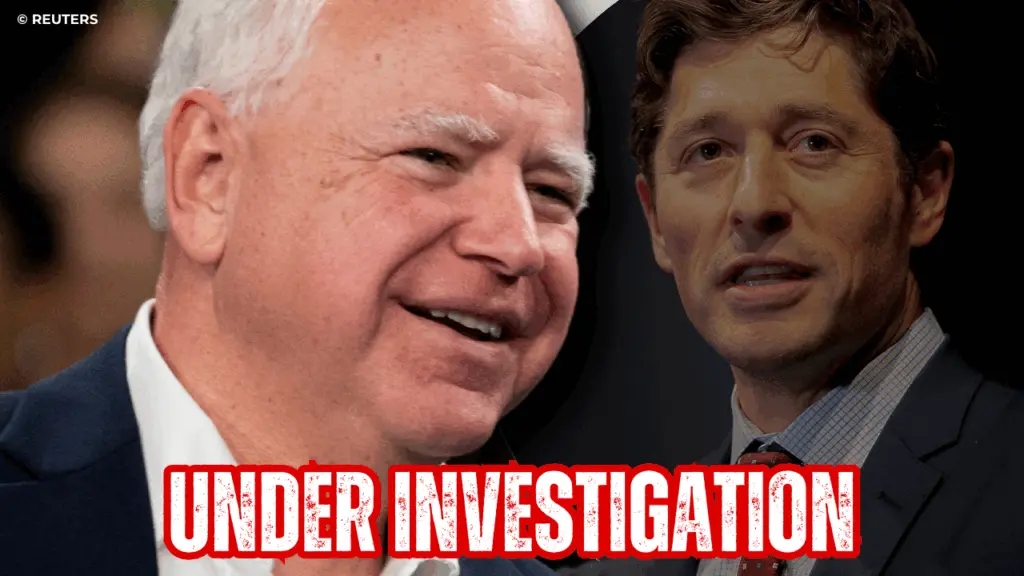
Shutterstock_1917474950505799
In the wake of the hazing scandal that led to the dismissal of longtime Northwestern football coach Pat Fitzgerald, eight former football players have retained prominent civil rights and injury attorney, Ben Crump. Crump rose to national prominence following George Floyd’s murder in 2020 by representing several families in cases of alleged police brutality.
Crump shared in a statement: “Whether the coaches at Northwestern approved or participated in the harassment of these players or not, they are responsible for allowing and enabling a toxic, disgusting, and damaging culture in their programs.” Crump and his co-counsel, Steven M. Levin said on Monday that they are “in conversations with many others” and added that future legal action is “expected to expand beyond Northwestern’s football program and will expose extreme and abusive hazing in other college athletic programs as well.” Crump said: “Sadly, our research suggests that this kind of abuse of student athletes may be far more common on college campuses than we know, because there is tremendous pressure to keep quiet. It’s time for a reckoning to protect young athletes.”
An independent investigation commissioned by the university found credible proof earlier this month to hazing allegations within the football program but “did not uncover evidence pointing to specific misconduct by any individual football player or coach.” But after an article from the student newspaper The Daily Northwestern detailed hazing-related activities inside the locker room — and days after suspending Fitzgerald for two weeks without pay — the school changed course and fired Fitzgerald for cause. The longtime coach and former linebacker, has since hired a Chicago-based attorney “to take the necessary steps to protect my rights in accordance with the law.”
Attorney Levin said that he eight players who retained legal representation “want to support and validate the allegations of abuse” outlined in the Daily Northwestern story, and added that “they believe that more stringent oversight and accountability are required in college athletics to prevent such abuses from happening to other players in the future.”
Editorial credit: Chad Robertson Media / Shutterstock.com














